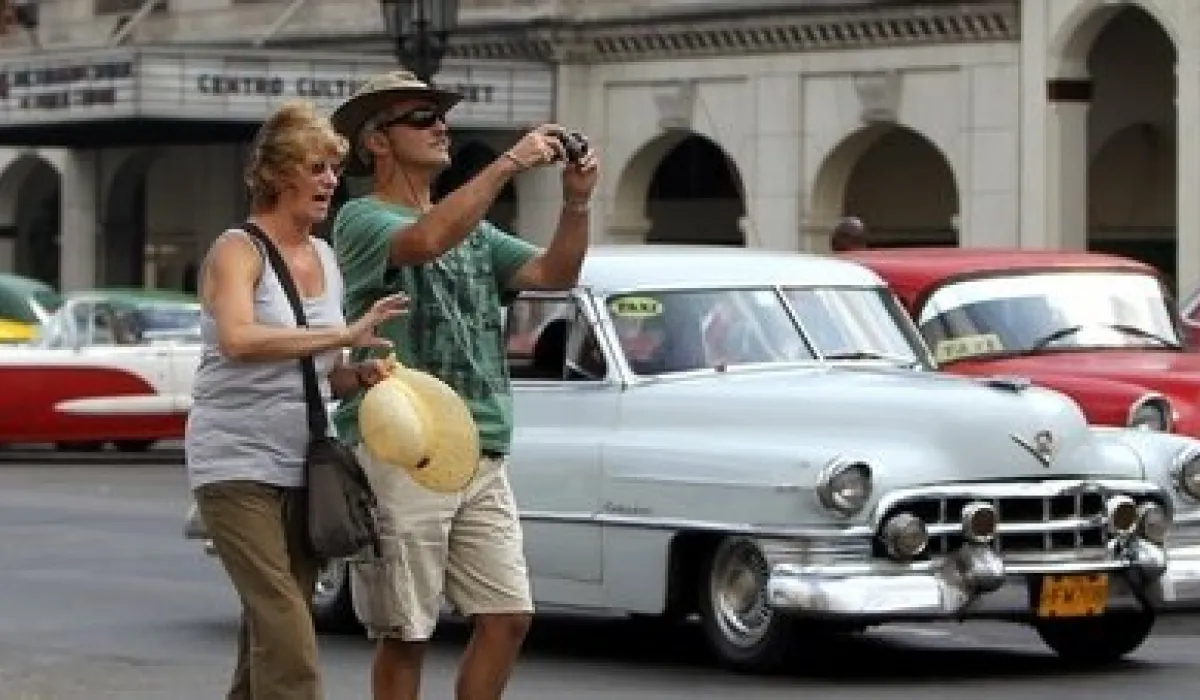U.S. cruise back to Cuba after nine years of absence

Cruise ship Semester at Sea , in which 568 college students traveling United States and other countries come to Cuba on 9 December after nine years without travel restrictions to the island by the U.S. government, according official media reported today.
The project Semester at Sea made ten trips to Cuba between 1999 and 2004 to share with teachers and students in the Caribbean country, and seven times the crew met with the leader of the revolution Fidel Castro, according to the Juventud Rebelde.
The absence of the vessel was due, according to this publication, "the restrictions imposed by the government of George W. Bush (2001-09) to the academic and cultural exchanges between Cuba and the U.S.. "
On August 16 in London began the voyage of the ship whose academic program, which began in 1964 and sponsored by the University of Virginia, includes courses taught during the trip and complemented by visits to different countries.
"The administration of President Barack Obama was awarded the license to cruise trip in June this year, after three years of waiting for authorization from the travel of some Americans to Cuba, "the paper added.
The ship is scheduled to arrive in Havana with 648 people on board, of which 568 are over two hundred students from universities, mostly from the United States and nineteen other countries, such as Mexico and Canada.
Director of International Relations at the University of Havana, José Manuel Febles, said the cruise will remain on the island until 11 December, with a program of visits and lectures on history, politics and scientific development in Cuba.
Scientists, academics, sports and cultural exchanges between Cuba and the United States suffer restrictions as part of bilateral political differences and economic and commercial blockade that Washington applies to the island since 1962.
In 2011, Obama announced a relaxation of rules on travel to Cuba for certain groups of U.S. citizens, as students, academics, journalists or members of religious organizations, in order to increase contacts "between peoples" and support society Cuban civil.

